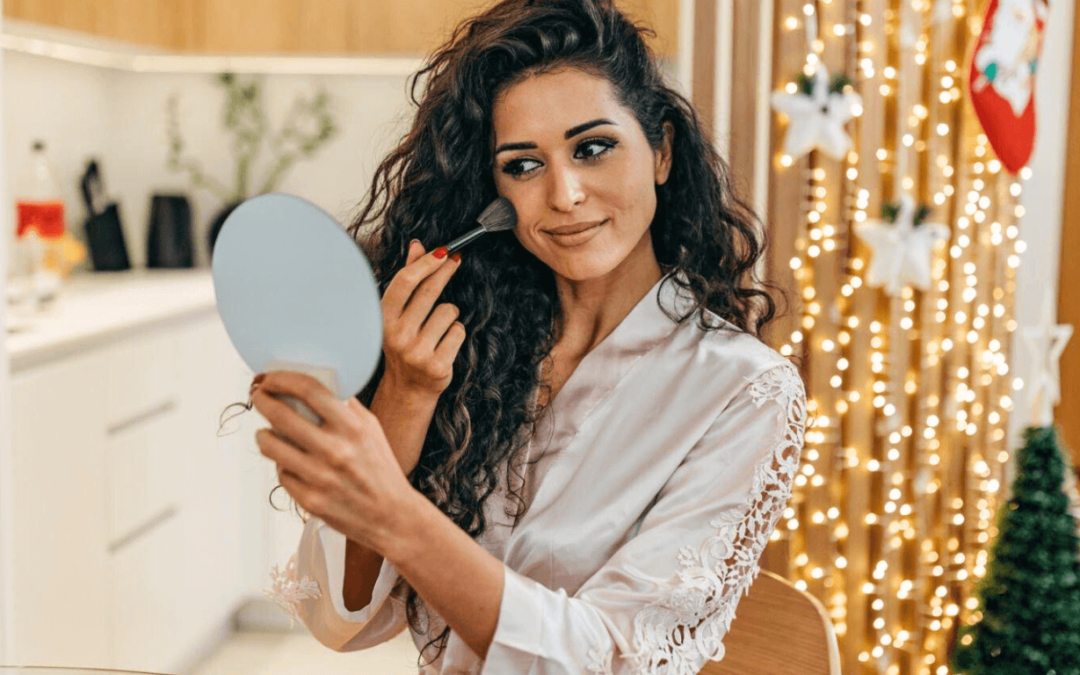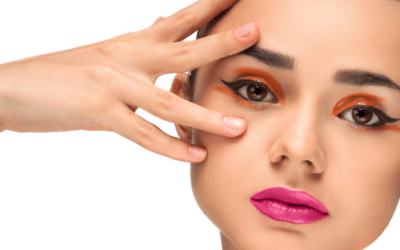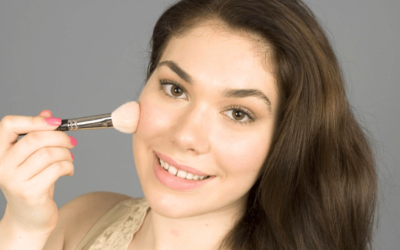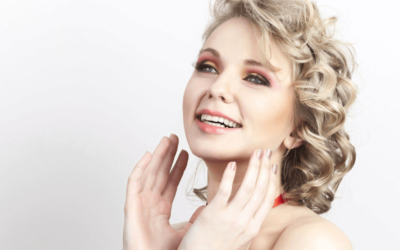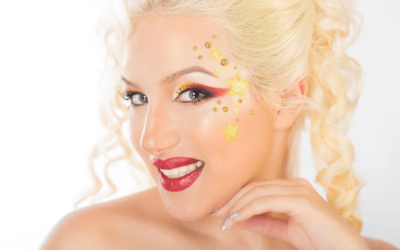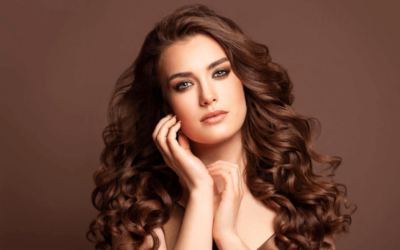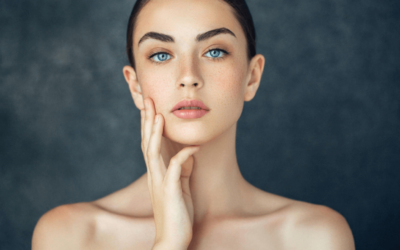In the realm of beauty and personal care, makeup stands as a powerful tool of self-expression, enabling individuals to enhance their features and embrace their unique style.
Amidst the captivating allure of cosmetics, questions about safety and health often take center stage. Can makeup cause cancer? This inquiry plunges us into a world of science, cosmetics, and the quest for truth.
We explore the intricate relationship between makeup and cancer, deciphering the myths, the facts, and the nuanced understanding that lies beneath the surface.
The Beauty and Science Fusion: A Complex Landscape
Before we delve into the heart of the matter, let’s pause to appreciate the beauty-crafted chemistry that is makeup.
Cosmetics, from lipsticks that tell stories to foundations that enhance confidence, intertwine with science to create a symphony of colors, textures, and formulations.
This fusion is the realm where artistic flair meets meticulous research and innovation.
Cancer, on the other hand, is a complex and multifaceted disease that arises from abnormal cell growth. It’s often driven by a combination of genetic factors, environmental exposures, and lifestyle choices.
The question of whether makeup can cause cancer demands a thorough exploration of these elements.
The Search for Clarity: Separating Myth from Fact
In the age of information, myths and misinformation can spread like wildfire. When it comes to makeup and cancer, it’s essential to distinguish between conjecture and scientific evidence.
While certain concerns have been raised about the potential risks of makeup ingredients, understanding the nuances is crucial.
However, regulatory agencies such as the U.S. Food and Drug Administration (FDA) and the European Commission’s Scientific Committee on Consumer Safety (SCCS) rigorously evaluate these ingredients for their safety before allowing them to be used in cosmetics.
Ingredients in Question: The Deep Dive
To address the question of whether makeup can cause cancer, let’s examine some of the commonly debated ingredients:
Parabens: Parabens are preservatives used to prevent the growth of harmful bacteria and mold in cosmetics. Concerns have been raised about their potential to mimic estrogen and disrupt hormone balance.
However, numerous scientific studies have shown that the levels of parabens in cosmetics are generally considered safe.
Phthalates: Phthalates are plasticizers used to enhance the texture and flexibility of certain cosmetics. Some phthalates have raised concerns due to their potential endocrine-disrupting effects.
Regulatory agencies have restricted the use of specific phthalates in cosmetics, but the overall risk from cosmetics is believed to be low.
Formaldehyde and Formaldehyde-Releasing Preservatives: These ingredients are used as preservatives in cosmetics. Formaldehyde is classified as a known human carcinogen when inhaled in high concentrations.
However, the levels used in cosmetics are regulated and considered safe.
Regulatory Rigor: The Safety Net
It’s important to recognize that cosmetics are subject to rigorous safety evaluations before they reach store shelves. Regulatory agencies conduct comprehensive assessments to ensure that makeup products are safe for consumers to use.
These evaluations include determining the concentration of ingredients, assessing potential exposure routes, and considering potential long-term effects.
The regulatory process provides a safety net that minimizes the risk of harmful products entering the market. Therefore, the likelihood of makeup causing cancer is significantly reduced due to these stringent evaluations.
The Personal Touch: Tailoring to Individual Concerns
While the general consensus is that makeup, when used as intended, does not pose a significant cancer risk, individual concerns and sensitivities vary.
If you have specific concerns about certain ingredients or if you’ve had a personal history of sensitivities, it’s advisable to consult with a dermatologist or healthcare professional.
Balancing Beauty and Well-Being: The Verdict
As our exploration nears its conclusion, we arrive at a verdict that underscores the nuanced nature of the question: Can makeup cause cancer?
The prevailing scientific consensus suggests that, when used as directed and with ingredients that have passed regulatory evaluations, makeup is unlikely to cause cancer.
However, the conversation extends beyond science and into the realm of personal choice.
Individuals are empowered to make informed decisions about the products they use, taking into consideration their unique preferences, concerns, and values.
A Beautiful Choice: Navigating the Palette of Possibilities
In the grand tapestry of beauty and well-being, the choice of makeup becomes a reflection of individuality and discernment.
By staying informed, understanding the regulatory process, and making choices that resonate with your preferences, you can navigate the palette of possibilities with confidence.
As you delve into the captivating world of makeup, remember that beauty is a journey—one that intertwines self-expression, creativity, and the pursuit of well-being.
Just as a canvas is transformed under an artist’s brush, your beauty journey flourishes as you paint it with awareness, choice, and the radiant hues of both health and allure.

